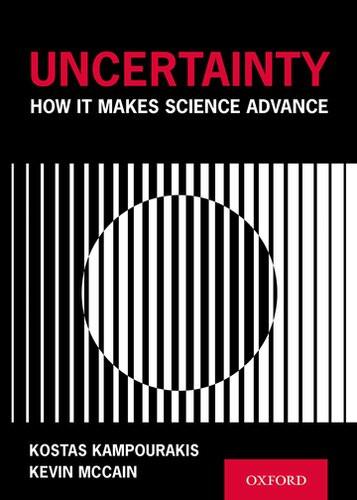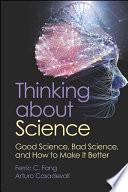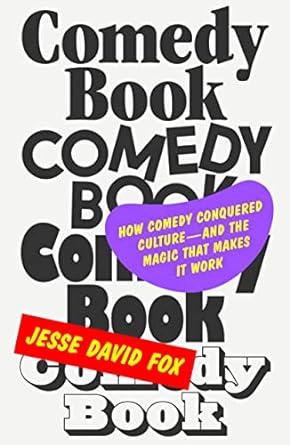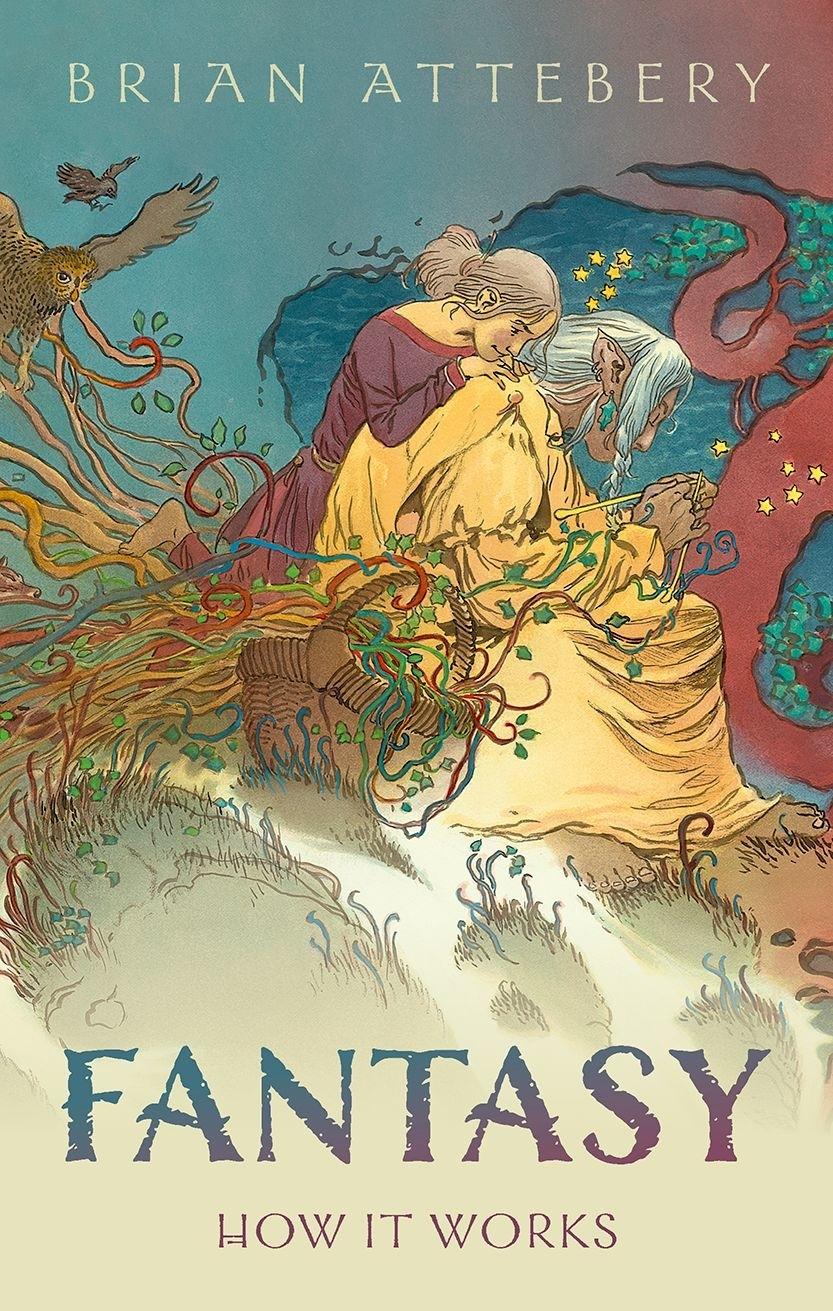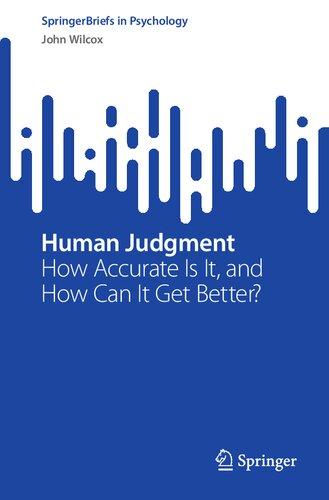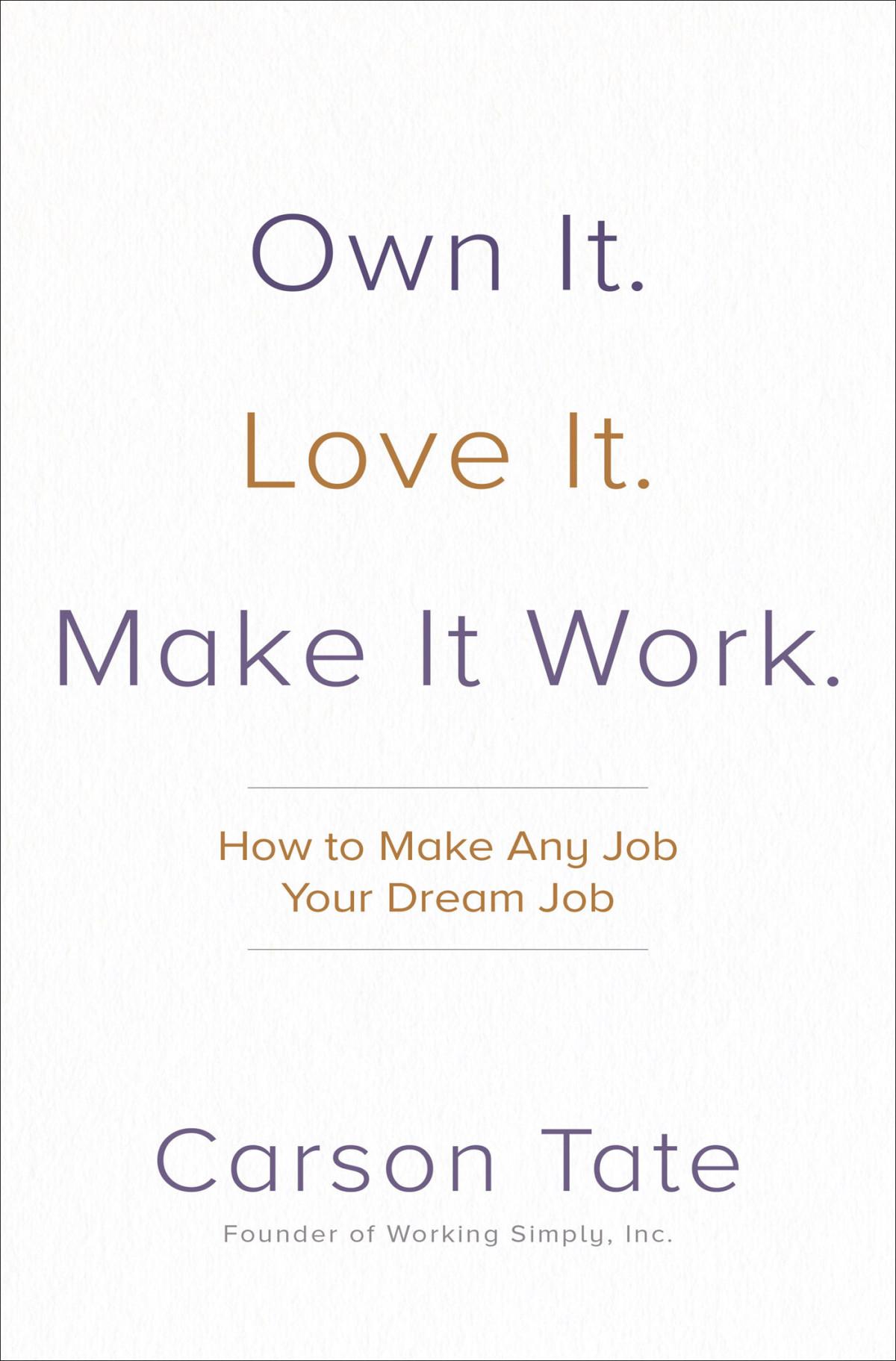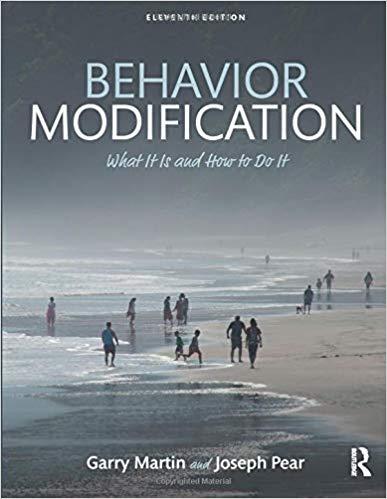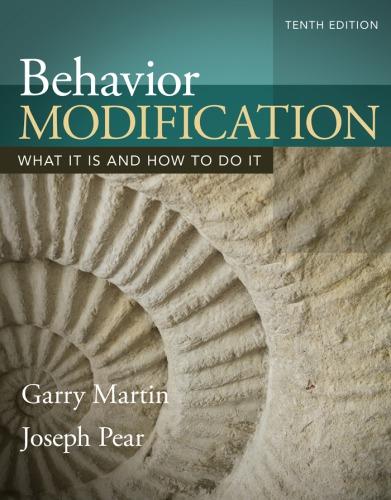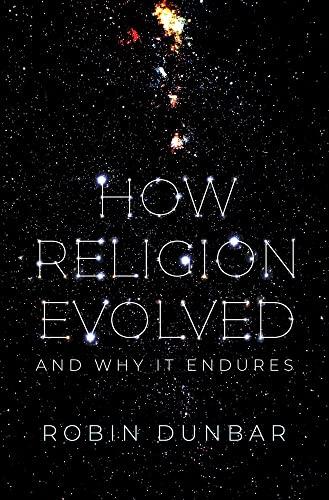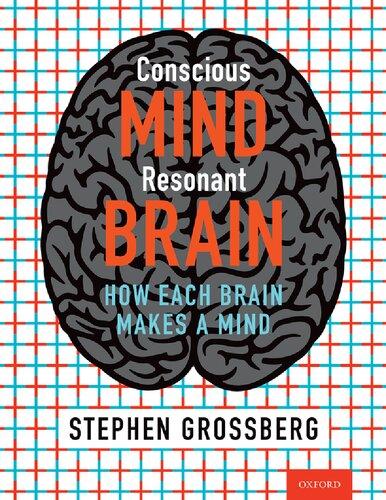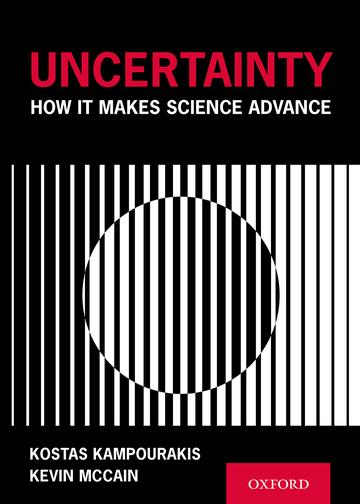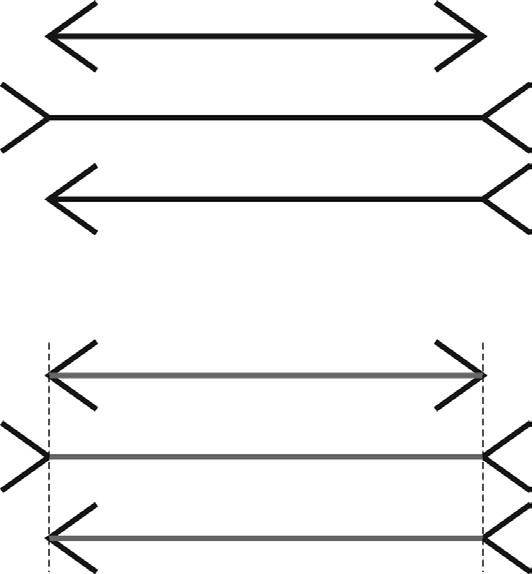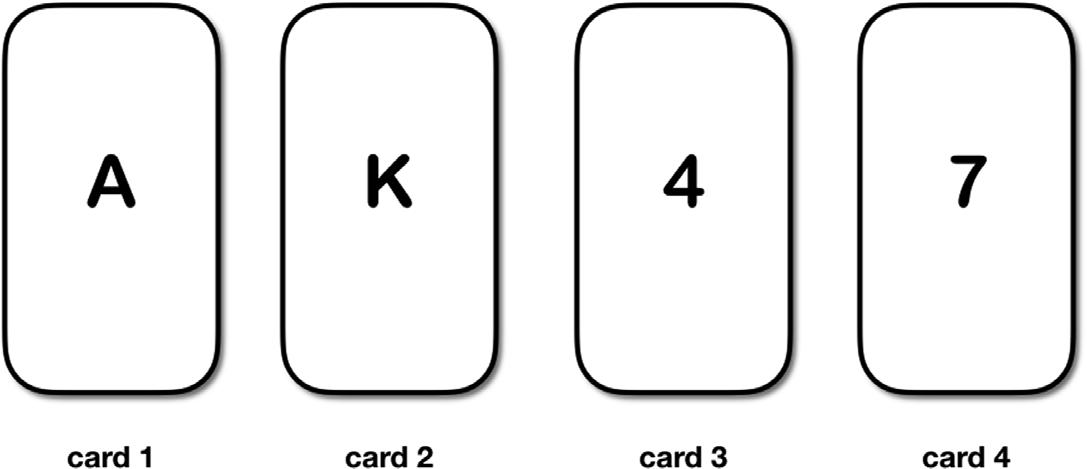PREFACE
“Science.” This term is used to refer to a variety of theories, models, explanations, concepts, practices, attitudes, approaches, and more that relate to the study of the natural world. Philosophers have shown that there is no single entity to refer to as science; instead, there are a variety of disciplines that study the natural world with a variety of methods and explanatory aims. Therefore, it is more appropriate to refer to “sciences,” plural, in order to account for this variety. However, it seems that in general we are stuck with the term “science,” especially when it comes to the public sphere. Even though lay people may not be able to provide a concise definition of what “science” is, they most likely have no doubt about what the term means. This becomes evident in polls that aim at documenting their views about and attitudes toward “science.” Therefore, we have decided to use the term “science” throughout this book to refer to the habits of mind, methods, approaches, and body of knowledge that aim to provide an empirical understanding of the natural world.
Inspired by Stuart Firestein’s books Ignorance and Failure, we decided to write a book that discusses another important and inherent feature of science: uncertainty. Our goal is to show that uncertainty is an inescapable feature of science that, counterintuitive as it might sound, does not prevent us from gaining scientific
x Preface
knowledge and understanding. As individuals, and as societies, we need to understand and accept uncertainty in science. Perhaps surprisingly, it is because of this feature that science has made, and still makes, important advancements. Uncertainty motivates further research and a better understanding of natural phenomena. Scientific knowledge is perhaps the sort of knowledge that is as close to certainty as we can get, but this only means that it is closer to being certain than other kinds of knowledge, not that it is absolutely so. Whereas nothing compares to scientific knowledge when it comes to understanding the natural world around us, such knowledge is at the same time flexible enough to accommodate new findings. This happens because continuous research deals better and better with uncertainty and produces an increasingly reliable body of knowledge on the basis of solid evidence and rational thinking. Uncertainty is thus the driving force in this quest: it leads to more research, which in turn serves the ultimate goal of science—understanding.
People have strived for certainty throughout the centuries through oracles, horoscopes, and other superstitious endeavors. However, the only certainty in human life is death, and even when this will occur is highly uncertain. At times people have tried to remove uncertainty from their lives by adopting various forms of fundamentalism (religious, ideological, etc.) that provide them with a false sense of certainty that often has dangerous consequences. In recent years, some people have turned to science in the quest for certainty. It is unfortunate that this at times leads to a sort of fundamentalism as well, which arises when people consider (and expect) science to be certain. But this is a misunderstanding of the nature of science. Even though we can be extremely confident
about the conclusions of science, it is full of uncertainties that we need to understand and appreciate.
Our aim is to reach a broad audience and provide them with an authentic account of how science is done, what difficulties scientists face, the knowledge and understanding they can arrive at, and why uncertainty is an inherent feature of all these. We believe that people need to understand that uncertainty in science is not a problem; being unaware of uncertainty and reaching unfounded conclusions is the real problem. In contrast, awareness of the uncertainties inherent in all scientific practices may allow for a more solid and deeper understanding of science and the natural phenomena it studies. This is how uncertainty actually makes science advance. We hope that by the end of the book the reader will have understood and appreciated the impact of uncertainty in science. We must note at this point that our coverage is far from exhaustive. In order to maintain a reasonable length, we have only touched on the important topics and limited our case studies to just six scientific domains. The interested reader who wants to explore some of the topics of this book further will find several excellent books and articles mentioned in the Notes at the end of the book.
We are indebted to Joan Bossert, our editor at Oxford University Press, who supported this project from the start and steered it in the right direction. As we have mentioned, the inspiration for writing this book came when we read Stuart Firestein’s books Ignorance and Failure, and we thought that a similar book on uncertainty in science might be as useful as these. Incidentally, we are extremely happy that, like the Firestein books, this one is published by Oxford University Press. We are also indebted to the
Preface
following scholars for reading the manuscript and kindly providing us with feedback: Gerd Gigerenzer, Sheldon Krimsky, Molly McCain, Ted Poston, Henk de Regt, and Michael Ruse. Finally, we are grateful to Phil Velinov as well as the staff at Newgen who worked with us toward the publication of the present book. This book is dedicated to our children with the hope that they will come to understand uncertainty and have no fear of it. We hope that the same is true of you after you finish reading it.
Uncertainty in Everyday Life
Our new Constitution is now established, and has an appearance that promises permanency; but in this world nothing can be said to be certain, except death and taxes.
Benjamin Franklin, in a letter to Jean-Baptiste Leroy, 17891
What Is Knowledge Anyway?
Here’s something that is uncontroversial (for everyone but the most ardent skeptics, anyway): you know lots of things. For example, you know that you are reading this book right now, you know that the earth is roughly spherical in shape, you know your phone number, you know your name, you know what trees look like, you know that Columbus sailed in 1492, and so on. Here is something else that’s uncontroversial (even ardent skeptics agree on this): there are a lot of things you don’t know. You don’t know who will win each future US presidential election, you don’t know whether a fair coin will land heads or tails each time it is flipped, you don’t know what color shirts we were wearing while we were writing this book, you don’t know on what day the event that led to the extinction of the dinosaurs occurred, and so on. Indeed, there is an enormous number of things that you don’t know. Don’t feel bad about this—this isn’t just true of you; it is true of everyone.
We all know many things, but there are also many things that we don’t know. Here, an interesting question arises: What is the difference between knowing and not knowing?
Traditionally, epistemologists (philosophers who specialize in issues related to knowledge) have held that knowledge is a true belief that is held on the basis of sufficiently strong evidence.2 Let us start with the requirement of truth. You cannot know things that are false. This is why you cannot know that the earth is flat. Even if you believe that it is, even if everyone around you believes that it is flat, that doesn’t change the shape of the earth. The earth simply isn’t flat. So, you cannot know that it is flat. Now, you might wonder: Didn’t people in the past know that the earth was flat? The short answer is “no.” They didn’t know that the earth was flat because it wasn’t flat. They only believed that it was. The difficulty here is that it is really easy to run together two different sorts of questions: metaphysical/ontological questions (those having to do with how the universe is) and epistemological questions (those having to do with what is reasonable for us to believe about how the universe is). We might be tempted to think that people know false things—or knew false things—such as that the earth is flat because we mistake a metaphysical question for an epistemological question. Simply put, it could be that people were being perfectly reasonable when they believed that the earth is flat. All of the evidence they had could have supported thinking that this was true. So, in their situation, it may be that they should believe that the earth is flat, and therefore the answer to the epistemological question is that they were rational to believe that the earth is flat. Nevertheless, the fact that they believed that the earth is flat does not entail that they knew (albeit wrongly) that it was flat. The
answer to the metaphysical question of what the shape of the earth is depends on the actual shape of the earth, not on what people believe about it. The earth is not flat, and therefore people could not have known that it is flat even though they might have believed that it is. We cannot know things that are not true; we can only have beliefs about them.
This entails that knowledge requires true belief. But is this enough? No: more is required. Imagine that you are about to roll a pair of fair dice—they are not weighted or biased in any way. You roll the dice, and, without looking to see how they land, you believe that you rolled double sixes. Now, imagine that you are in fact correct—both dice actually landed with six dots facing up. Did you know that you rolled double sixes? It seems not. After all, you did not see that this was the case; you merely guessed. You had no good reason to believe that this would be what you rolled. Actually, the odds were heavily against you rolling double sixes: the probability is 1 in 36. However, after looking at the dice, you would know that you rolled double sixes. What’s the difference? In the first case, you did not have sufficiently strong evidence to believe that the dice came up double sixes because you did not look and simply guessed—even though the dice did actually land that way! In the second case though, you did have sufficiently strong evidence because you saw the dice with your own eyes. Knowledge therefore not only requires that what you believe is true but also that you have good evidence in support of your belief. Returning to the earth example, we know that the earth is roughly spherical and not flat because we have strong evidence in support of this.3
Hence, it seems clear that knowledge requires having strong evidence. But does it also require certainty? This is not a simple
question. To answer it, we need to distinguish between two kinds of certainty: epistemic and psychological. Psychological certainty concerns how strongly we believe something. We are psychologically certain when we are completely convinced that something is the case, beyond all doubt. Does knowledge require psychological certainty? Can we know things even if we are not completely convinced that we are correct? Indeed, we can. We can have knowledge without psychological certainty; that is, we can know things even if we have some doubt about whether we are correct. For instance, think of someone who is particularly anxious. He always tends to question whether he is correct or whether he has found all the possible information about a topic. Despite his diligent work, he always feels that he is missing something. Would this mean that he does not know anything? It doesn’t seem so. Furthermore, being psychologically uncertain might actually make one keen to look for more evidence in support of what one knows. So, psychological uncertainty might actually help build a stronger foundation for one’s knowledge. Importantly, even if we think that knowledge requires psychological certainty, this kind of certainty appears to be independent of the amount or the strength of evidence one has. The more psychologically certain we are about something, the harder it is to reconsider it even when the available evidence against it is overwhelming. For an illustration of the possible disconnect between psychological certainty and the available evidence, think about the beliefs of members of the Flat Earth Society.4 Despite vast amounts of evidence that the earth is not flat, these people continue to be completely convinced of their view. Their confidence is disconnected from the available evidence; they erroneously believe that they have found sufficiently strong evidence to support
their belief that the earth is flat and that “the globe earth theory [is] incoherent with observed phenomena.”5 Hence, psychological certainty isn’t really the issue when it comes to how good our evidence has to be in order to have knowledge. One can be psychologically certain about something and still simply be wrong.
What about epistemic certainty? Does knowledge require epistemic certainty? Well, before we can answer this question, we need to clarify what epistemic certainty is. Roughly put, you are epistemically certain of something when your evidence is so strong that it makes it impossible that you could be wrong. If there is one thing that we should be close to psychologically certain about, it’s that humans are fallible. So, it’s (almost) always possible that we could be wrong about the things we believe. In what follows we consider a number of reasons for thinking that we are not epistemically certain about much, if anything. Of course, this means that if knowledge requires epistemic certainty, we are ignorant of almost everything. We come back to this very big if at the end of the chapter.
Uncertainty and Perceptual Illusions
We have epistemic certainty when there is absolutely no way that we could be wrong given the evidence that we have. However, our perception of evidence strongly depends on our own senses, which sometimes can deceive us. Our sensory perceptions can lead us to believe something quite confidently only to later discover that we were wrong. These aren’t always cases where we lack good evidence. For instance, take a look at Figure 1.1.
Figure 1.1 Müller-Lyer illusion (https://commons.wikimedia.org/ wiki/File:Müller-Lyer_illusion.svg).
This figure illustrates the Müller-Lyer illusion. The middle line looks longer than the other two despite the fact that they are the same length (you can measure them with a ruler to verify this). But why does it look longer? It is the direction of the fins that creates the illusion. When they point inward (middle line) they create the impression that the line is longer than when they point outward (top line). Therefore, even though the lines seem to be of unequal lengths, one cannot be epistemically certain that the lines are of unequal length because when one measures them, one will find out that they are not.
Consider another example that shows why evidence from our senses does not make a belief epistemically certain. If you visit Ripley’s Believe It or Not museum in London, at some point in the tour there is a rotating tunnel that you have to go through, passing over a bridge. Whereas the tunnel is rotating, the bridge
is completely still. Therefore, you are completely still as well, and normally you would be able to cross the bridge walking straight ahead without a problem. Yet the rotating tunnel around you creates the illusion that you are rotating, too, and makes it impossible to walk straight without falling to the sides—even though you are not actually rotating.6 In this case you have good evidence from your senses that you are rotating, but actually you are not. You might thus be psychologically certain that you are rotating, for instance, if you entered the tunnel without realizing what was going on. But you cannot be epistemically certain about this because you are not really rotating. Once again, sensory evidence fails to make a belief epistemically certain.
It is exactly these sorts of worries about our senses leading us astray that have led philosophers to struggle with external world skepticism (the view that we don’t really know anything about the world around us). One of the things that has made external world skepticism so difficult to put to rest is the fact that a skeptic is on to something when he argues that we cannot be certain of the things we take for granted about our everyday lives. We did just see that our senses can be deceptive, after all! A classic presentation of this skeptical challenge was put forward by the French philosopher René Descartes. He employed a method of universal doubt whereby he tried to expose as many uncertain beliefs as possible at the same time. The way that Descartes sought to show that his beliefs were uncertain was to see if he could come up with a possible scenario where he had all of the same evidence that he did, but his beliefs were mistaken. The two primary scenarios that he came up with in his famous book, Meditations on First Philosophy, were what we might call the “Dreaming Hypothesis” and the “Demon
Hypothesis.” The Dreaming Hypothesis is the idea that it is possible that you are dreaming right now. After all, couldn’t you have a vivid dream that you are reading this book even though you are actually asleep? The Demon Hypothesis is the idea that it may be that, instead of actually reading this book, you are being tricked by some super-powerful demon into thinking that you are reading it. It is worth pausing here to emphasize that Descartes did not think that either of these hypotheses were likely to be true. He merely accepted that they were possible. This is important because if these situations really are possible (in the broadest sense of the term), then your evidence for something obvious—such as that you are reading this book—does not make it epistemically certain for you.7
Are such skeptical scenarios possible? It seems so. There is no contradiction in thinking that although you have the evidence that you do about something, you are in fact dreaming or being deceived. If these hypotheses are hard to get a handle on, think about popular movies that illustrate similar skeptical scenarios. For instance, in the 1998 film The Truman Show,8 the main character, Truman Burbank, was adopted by a corporation and raised on a film set. All of the people that Truman had met throughout his life were actors playing roles in the show that revolved around him. For a large portion of the movie Truman was completely oblivious to what was going on. This sort of deception does not undercut his evidence for thinking, for instance, that he was reading a book when he was, but it does show that, for a huge portion of his beliefs, he was mistaken despite having the same sort of evidence that we all have for similar beliefs. Whereas he thought that he was living his life like anyone else, he was in fact participating in a show
in which he was the only one fooled into thinking that what was happening was real.
Therefore, the evidence for something even seemingly straightforward— such as that you are reading this book right now— does not give you epistemic certainty that you are actually doing so. The same is true for pretty much everything we know, or take ourselves to know, about the world around us. The evidence we have in support of most that we believe does not give us epistemic certainty. We could have that same evidence that we have now even if we were massively deceived because we were in a computer simulation, or dreaming, or being tricked by a demon, or . . . (here you can consider any other crazy possibility). If you are thinking, “this is ridiculous— of course, I know that I’m reading a book!,” we agree. You do know that you are reading a book. But still, unlikely as it is, it is possible (perhaps the probability is ridiculously low, but it is still possible) that although it looks like you are reading a book, you are not really doing so. However unlikely it might be, it is possible to be deceived.
Uncertainty and Human Reasoning
It’s clear that our perceptions are sometimes mistaken, but what about our reasoning? Can’t we be epistemically certain that when we reason to a particular conclusion we are correct? Again, it is important to emphasize that epistemic certainty means that there is no way we could be wrong given the evidence that we have. Is it really plausible that humans can reason so well that there is no way
that we can be wrong? Well, it doesn’t seem so. Our reasoning is fallible, especially when we have to deal with uncertainty.
Let us take a little test. Consider the following description of Linda9:
Linda is 31 years old, single, outspoken, and very bright. She majored in philosophy. As a student, she was deeply concerned with issues of discrimination and social justice, and she also participated in anti-nuclear demonstrations.
Now, based on the description of Linda, rank each of the following claims about her from the most probable to least probable:
1. Linda is a teacher in an elementary school.
2. Linda works in a bookstore and takes yoga classes.
3. Linda is active in the feminist movement.
4. Linda is a psychiatric social worker.
5. Linda is a member of the League of Women Voters.
6. Linda is a bank teller.
7. Linda is an insurance salesperson.
8. Linda is a bank teller and is active in the feminist movement.
Do you have your list? Did you rank 8 as more probable than 3 or 6? If so, you committed the conjunction fallacy. When two events are independent (such as being a bank teller and being involved in the feminist movement), the probability of them both being true is less than the probability of just one of them being true (for example, if the probability of each event is 0.5, or 50%, then the probability of them both occurring is 0.5 × 0.5 = 0.25, or 25%).
So, 3 and 6 are each more probable than 8. However, because of the description of Linda, it can seem more likely that Linda is a feminist bank teller than just a bank teller. About 89% of the people in the original study made this mistake when thinking about Linda’s profession.
Let’s try one more test. Imagine that you are looking at four cards. Each one has a number on one side and a letter on the other (see Figure 1.2).
The rule is that if a card has a vowel on one side, then it has an even number on the other side. Which cards do you need to turn over to determine whether this rule is true? Keep in mind that you do not want to turn over any more cards than you need to.
The correct answer is card 1 and card 4. The reason is that card 1 has a vowel on it, so if there is not an even number on the other side, the rule is false. Card 4 has an odd number on it, so if there is a vowel on the other side, the rule is again false. Card 2 is irrelevant because the rule doesn’t say anything about what happens when there is a consonant on one side of the card. Card 3 is also
Figure 1.2 The Wason selection task (or four-card problem).
irrelevant because, since there is an even number on it, as far as the rule is concerned it does not matter what’s on the other side. This test item comes from psychologist Peter Wason’s selection task experiment.10 This sort of experiment has been run a number of times and on average fewer than 5% of people give the correct answer.11
Not only do we tend to make errors when reasoning probabilistically (as in the Linda case) and when reasoning about conditional rules (as in the selection task), we are also prone to a large number of cognitive biases. One of the most pervasive is what’s known as overconfidence bias: we tend to be overconfident of our abilities. As psychologist Thomas Gilovich explained, a “large majority of the general public thinks that they are more intelligent, more fairminded, less prejudiced, and more skilled behind the wheel of an automobile than the average person.” Of course, it can’t be that the majority of people are better than average! A further illustration of the pervasiveness of overconfidence bias comes from a study of a million US high school students. This study found that of these 1 million students “70% thought they were above average in leadership ability, and only 2% thought they were below average. In terms of ability to get along with others, all students thought they were above average, 60% thought they were in the top 10%, and 25% thought they were in the top 1%.” Unfortunately, this bias is not one that afflicts only the young or even those who haven’t pursued higher education. A survey of college professors found that “94% thought they were better at their jobs than their average colleague.” Our confidence often outstrips our evidence.12
Another bias that is particularly relevant to whether we are epistemically certain about the conclusions we draw is what cognitive
scientists Hugo Mercier and Dan Sperber call “myside bias.” This is a bias that Mercier and Sperber contend is simply a feature of human reasoning. Myside bias refers to the fact that we find it difficult to appreciate evidence that runs counter to our own opinions. As they explain, “Reasoning does not blindly confirm any belief it bears on. Instead, reasoning systematically works to find reasons for our ideas and against those we oppose. It always takes our side.”13 Hence, not only do we often not have all of the evidence, but it seems that in many (perhaps most) cases our cognitive faculties are apt to lead us to interpret the evidence in a way that is colored by our prior convictions. This is why the results of our reasoning do not provide us with epistemic certainty.
But perhaps these are not really errors. Psychologist Gerd Gigerenzer, director of the Harding Center for Risk Literacy at the Max Planck Institute for Human Development in Berlin, has argued that studies like those just described fail to show that we really do fall prey to systematic cognitive errors. According to Gigerenzer, the problem with these studies is that they ignore important pragmatic and context-dependent features that play a key role in human reasoning. The flaw of studies purporting to show that humans are systematically irrational in various ways is that such studies draw conclusions on the basis of whether participants follow particular norms, which may be abstract and incomplete. For instance, regarding the case of Linda being a feminist bank teller, the problem may not lie in how we think but rather in the polysemy of terms such as “probability” that might mislead us. Gigerenzer and his colleagues tested whether the term “frequency” could narrow down the possible spectrum of meanings to those that follow mathematical probability. What they found
was that when participants were asked for “frequency” judgments rather than “probability” judgments, they did not commit the conjunction fallacy described earlier.14 Similar arguments can be made for the Wason selection task.15 It is important, according to Gigerenzer, not to mistake judgments under uncertainty as cognitive errors. That being said, even those like psychologist Daniel Kahneman who think that we do make systematic cognitive errors do not argue that we should not trust our reasoning abilities. As Kahneman has written, these sorts of errors do not “denigrate human intelligence, any more than the attention to diseases in medical texts denies good health. Most of us are healthy most of the time, and most of our judgments and actions are appropriate most of the time.”16 What matters, as Gigerenzer has argued, is that we can learn to better understand uncertainty so that we are less prone to misjudge the odds of various outcomes.17
As a result, the evidence that we have when we reason to a particular conclusion does not make that conclusion epistemically certain for us. Even if we do not in fact make systematic errors in reasoning due to bias or something else, we could be making some other mistake on any particular occasion. Insofar as mistakes are possible, we cannot be epistemically certain. Perhaps then Benjamin Franklin’s claim in the epigraph is wrong—maybe even death and taxes are not epistemically certain? People certainly dislike both, but taxes can be avoided in various ways and thus there is no certainty that they will be paid. And, while the fact that this life will end one day is as close to certain as about anything can be, when and how we will die is highly uncertain. Yet even the ultimate end of life is not epistemically certain because there is
uncertainty concerning what happens after death. Epistemic certainty is an impossibly high standard to require for knowledge!
What Does This All Mean?
Our sensory perceptions mislead us at times. It is (at least theoretically) possible that we are the victims of mass deception. And it is possible to make reasoning errors. Together these facts yield a strong case for thinking that we lack epistemic certainty for many of our everyday beliefs. But what does this mean? Do we simply become skeptics and accept that we know nothing about the world around us? No. The uncertainty in our everyday lives simply reveals something important about knowledge: it does not require epistemic certainty. You know that you are reading this book even though your evidence does not rule out every remote possibility that you might be wrong. Now, some might insist that knowledge really does require epistemic certainty. That is fine. People can use the word “knowledge” in various ways. However, if knowledge really requires epistemic certainty, then we do not know much of anything. What really matters, regardless of how we use the word “knowledge,” is how good our evidence is. As we have seen, our evidence for even the most mundane beliefs in our everyday lives is not enough to make those beliefs epistemically certain. But so what? We make reasonable decisions without being certain all of the time. Some of those decisions are better than others because they are made on the basis of better evidence. Our best bet in any situation is to believe according to what our evidence favors, even if this does not give us epistemic certainty.
